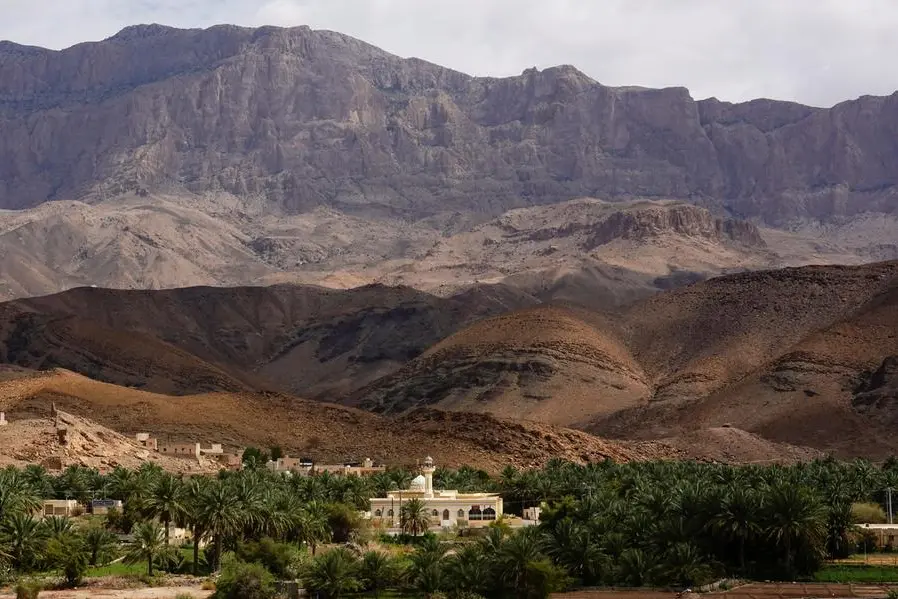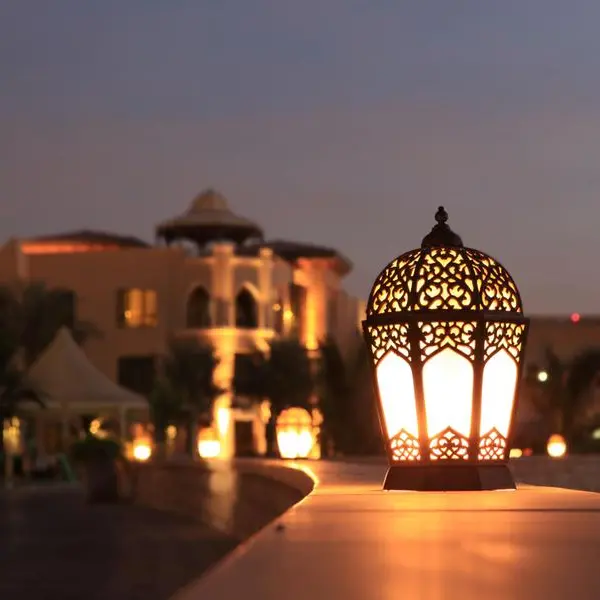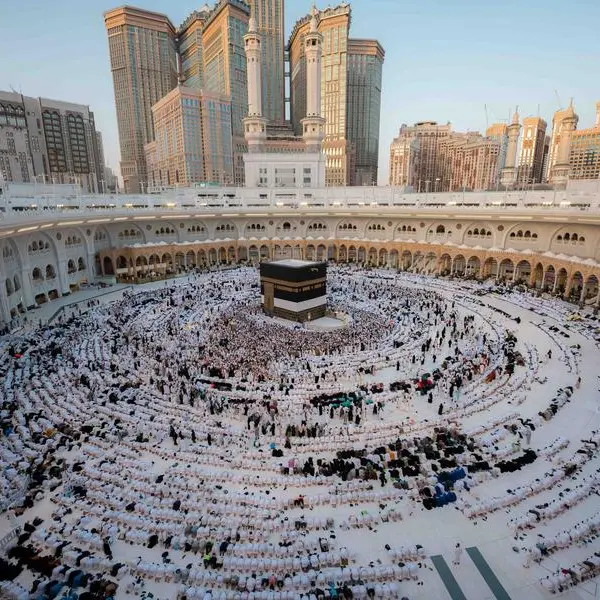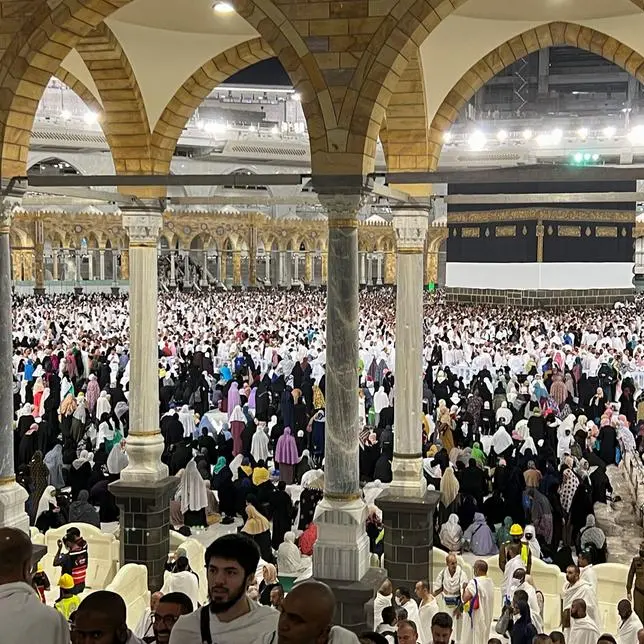PHOTO
Muscat: The recent listings of Jibreen Fort and Omani historian and poet Humaid bin Mohammed bin Ruzaiq in the Unesco programme for celebrating the 50th or centennial anniversary of the important historic events and personalities with global influence represent a qualitative addition to the Sultanate’s achievements in the intellectual and cultural fields.
The two elements have utmost significance in Oman’s cultural map.
Listing the Omani cultural and heritage elements whether being material or moral elements with the Unesco programme presents the current and upcoming generations with the actual image to this effect.
Dr. Sulaiyam bin Mohammed Al Hinai, a researcher in Oman’s history and Assistant Professor at Nizwa University said that Oman’s history is rich in historic and cultural elements and that Omanis have since long started communicating with other civilizations.
“This communication with other civilizations contributed to creation of diverse heritage and cultures in the Sultanate of Oman,” he said.
Pointing to that listing the Omani cultural heritage has a huge intellectual and cultural significance and sends a message to the world on the richness of the Sultanate of Oman in terms of heritage and as evidence of the deep-rooted history of Oman, he added.
The listing of the cultural heritage contributes to further advance development in the Sultanate. Oman has listed five scholars in the Unesco world heritage list, he said pointing to that the listing of historian and poet Humaid bin Mohammed bin Ruzaiq in the Unesco list is evidence for the efforts accorded to acquaint the world with his efforts and works in this field as well as showcasing the Sultanate cultural heritage.
Dr. Ahlam bint Hamoud Al Jahwari, researcher and writer in history and member of board of Historical Association of Oman said that the Sultanate of Oman has remarkably contributed to building human civilizations across history and has succeeded through Oman National Commission for Education, Culture and Science, in listing several cultural elements in the various programmes of the Unesco.
The Sultanate’s achievements in this field could help introduce Omani personalities of international influence (such as Al Khalil bin Ahmed Al Farahidi; Rashid bin Omaira Al Rustaqi; Nooruddin Al Salmi; Ahmed bin Majid and Ibn Ruzaiq and other personalities) to set an example for others and for further enhancement of the values of loyalty and national identity.
She said that the Sultanate of Oman has set 10 February every year for celebrating the Omani personalities listed with the Unesco. This date coincides with the Sultanate’s joining the United Nations Educational, Scientific and Cultural Organisation (10 February 1972), she added pointing to the significance of organising research competitions and local and international seminars dealing with such personalities.
Dr. Badriya bint Mohammed Al Nabhani, researcher in Oman’s history said that listing the cultural and heritage elements in the Unesco list is a step for preserving this heritage and boosting its cultural value as a human heritage that reflects the contributions and development made by man across history in the various fields.
Researcher and writer Younis bin Jamil Al Nuamani said that Oman is known across history with diverse culture as well as diverse topography and environments.
He said that Oman is working on preservation of its history and cultural heritage and is present along with the international and regional organisations concerned with preservation of cultural heritage.
Dr. Salim bin Said Al Busaidi, Associate Professor at Nizwa University hoped that this listing with the Unesco programme would open the eyes of our youth to our deep-rooted heritage. We have to employ such achievements and to reflect them in our school curriculums and in the names of streets.
© Muscat Media Group Provided by SyndiGate Media Inc. (Syndigate.info).





















